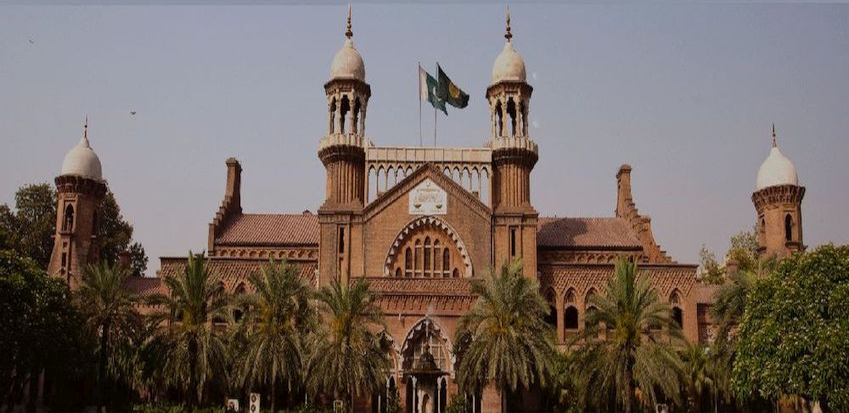A Uterine Brother is the Exclusive Heir when no other Direct Descendants exist, rejecting the respondents’ Allegations of Fraud --- Lahore High Court, Lahore
Islamabad 10-10-2024: The Lahore High Court has set aside the judgments of both the Civil and Additional District Courts in a property inheritance case, ruling in favor of the Petitioner, Manzoor Ahmad, who claimed inheritance rights over the estate of his deceased uterine sister, Mst. Nooran.
In a landmark decision issued by Mr. Justice Ch. Muhammad Iqbal in [Civil Revision No. 164468 of 2018], the Court held that a uterine brother is entitled to inherit the entire estate of a deceased spinster sister, rendering other collateral heirs, such as paternal uncles or their successors, ineligible for any share. The ruling effectively dismisses the claims made by the respondents, Chiragh Khan and others, who argued that they were entitled to a share of the estate based on their relationship as sons of the deceased’s stepfather, Rustam.
The dispute originated over a property measuring 76-Kanals 16-Marlas located in Chak No.699/GB, Tehsil Kamalia, previously owned by Mst. Nooran. After her death, an inheritance mutation No.294 dated 20.07.2002 was sanctioned in favor of Manzoor Ahmad. The respondents contended that the mutation was fraudulently prepared and challenged it on the grounds that Mst. Nooran had died earlier than stated, thus altering the inheritance rights.
Mr. Justice Ch. Muhammad Iqbal judgment referenced Article 227 of the Constitution of the Islamic Republic of Pakistan, 1973, which mandates that all laws must conform to Islamic principles, including inheritance laws. The Court cited several Quranic verses and legal precedents, including Surah tul Nisa, Ayat Nos. 7-11 and 176, which explicitly delineate the rights of male and female heirs.
The Court noted that, according to Islamic law, when a deceased Muslim woman leaves no direct descendants or husband, her uterine brother inherits the entire estate. Consequently, the respondents’ claim of being entitled to a share of the property was rejected.
The respondents also failed to substantiate their allegations of fraud regarding the death certificate of Mst. Nooran. The Court found that the death certificate and other documents presented by the respondents were inadmissible due to improper tendering in evidence, following the principles established in Mst. Akhtar Sultana Vs. Major Retd. Muzaffar Khan Malik (PLD 2021 SC 715) and Rustam Vs. Jehangir (2023 SCMR 730).
Mr. Justice Ch. Muhammad Iqbal reversed the concurrent findings of the lower Courts, which had dismissed the petitioner’s suit and decreed in favor of the respondents. Exercising its revisional jurisdiction under Section 115 of the Code of Civil Procedure, 1908 (CPC), the Lahore High Court ruled that the decisions of the lower Courts suffered from blatant misreading and misapplication of law, leading to a miscarriage of justice.
As a result, the Lahore High Court allowed the civil revision, decreeing in favor of Manzoor Ahmad and dismissing the respondents’ suit. The judgment sets a significant precedent for inheritance disputes involving siblings and the proper application of Islamic inheritance law.
The Court’s decision underscores the importance of adhering to Quranic principles in inheritance matters and sets a clear guideline for similar disputes in the future.
Powered by Froala Editor








